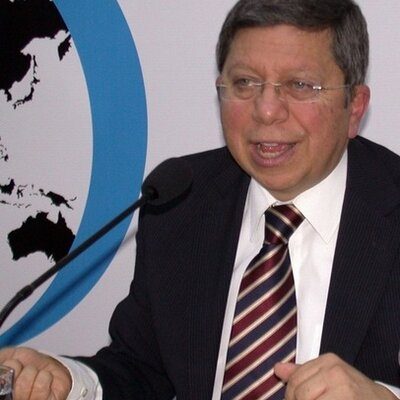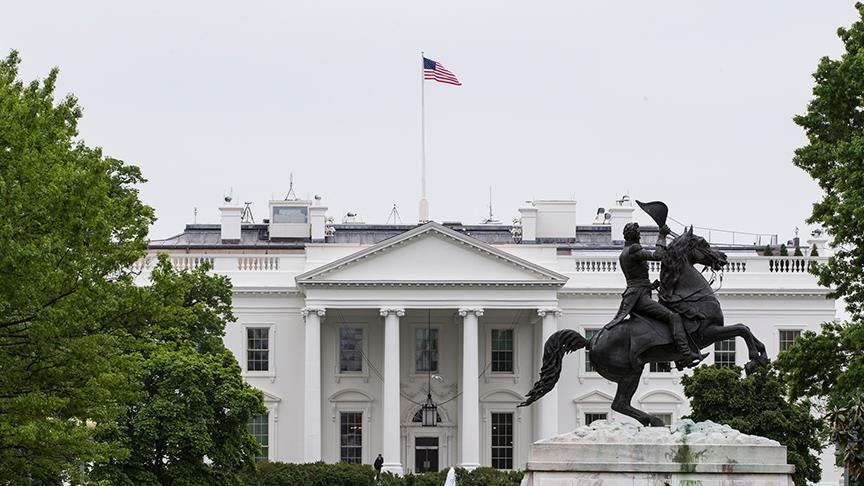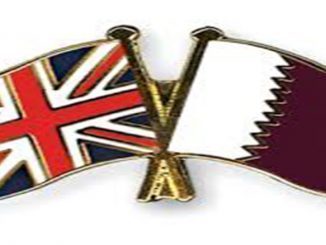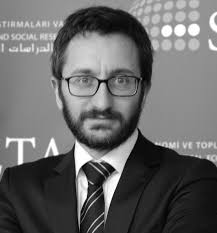
BY: İLNUR ÇEVIK*
Turkey and Russia are now calling the shots in the region as the U.S. struggles with a new policy of trying to stay away from conflicts while the mistakes it makes in Middle Eastern trouble spots create further instability and destruction
The winds of rapprochement between Turkey and Russia under the leadership of President Recep Tayyip Erdoğan and Russian President Vladimir Putin, which started only a few months ago, has turned into a full scale storm of friendship with their latest meeting in Istanbul on Monday on the sidelines of the 23rd World Energy Congress.
Who would have thought that relations would climb to new peaks every time Erdoğan and Putin meet? The downing of the Russian jet near the Syrian border in southern Turkey by the Turkish Air Force created a massive storm of antagonism that brought relations between Ankara and Moscow to their worst level since the Cold War. Yet after sides decided to put the incident behind them and strive to normalize ties, the speed of recovery was immense.
On Monday, Turkey and Russia signed the Turkish Stream pipeline deal that is designed to carry Russian natural gas directly to Turkey and also to Southern and southeastern European markets in a much more secure and reliable manner. This project not only opens new avenues for Russian natural gas revenues but it also helps Turkey to enhance its position as a major energy hub. It also means Russia now has a vested interest in seeing Turkey remain a stable and growing country.
But that is not all. The sides have agreed to progressively lift visa restrictions thus allowing much freer travel between the two countries. Russia has lifted all the bans on Turkish agricultural products and Russia will reduce the natural gas rates for Turkey, which will help to bring cheaper natural gas to our industry and our homes, thus reducing costs.
Under the light of these developments it is no surprise that Turkey has announced it will invite the Russians to bid for the new Turkish air defense system. Turkey is seriously interested in acquiring the S-400 air defense system, which is the most advanced technology on the market. Unlike its Western competitors, the Russians will apparently allow Turkey to deploy the S-400 missiles anywhere in Turkey irrespective of the strategic position while the West only allows these missiles to be stationed in locations that they dictate. There are also reports that the Russians are allowing Turkey to use software that regards all foreign planes as antagonists while the Western system does not allow Turkey to fire missiles on Western fighters. Turkey will be able to produce some of the missiles here and thus acquire advanced technological know-how.
It is a clear “win-win” situation for both sides.
The two leaders have also ordered their ministers, security officials and commanders to discuss in detail ways to help ease the critical situation in all of Syria with particular emphasis on Aleppo. This is extremely important as good relations between Ankara and Moscow may well be the key to saving the people of Aleppo.
It is clear that the Russians have given their tacit approval for Turkey to clear away Daish from its borders and create a secure zone while the Russians also do not object to Turkey challenging the presence of the Syrian Kurdish militants in the areas west of the Euphrates, much to the dismay of the Americans, who are supporting these militants who are directly linked to the PKK terrorist organization that is waging a terrorist war inside Turkey.
Turkey and Russia are now calling the shots in the region as the U.S. struggles with a new policy of trying to stay away from conflicts while the mistakes it commits in Middle Eastern trouble spots create further instability and destruction.
*İLNUR ÇEVIK is a Turkish columnist. He writes for Daily Sabah Turkish newspaper.
(Published in Daily Sabah on Wednesday, Oct. 12, 2016)



